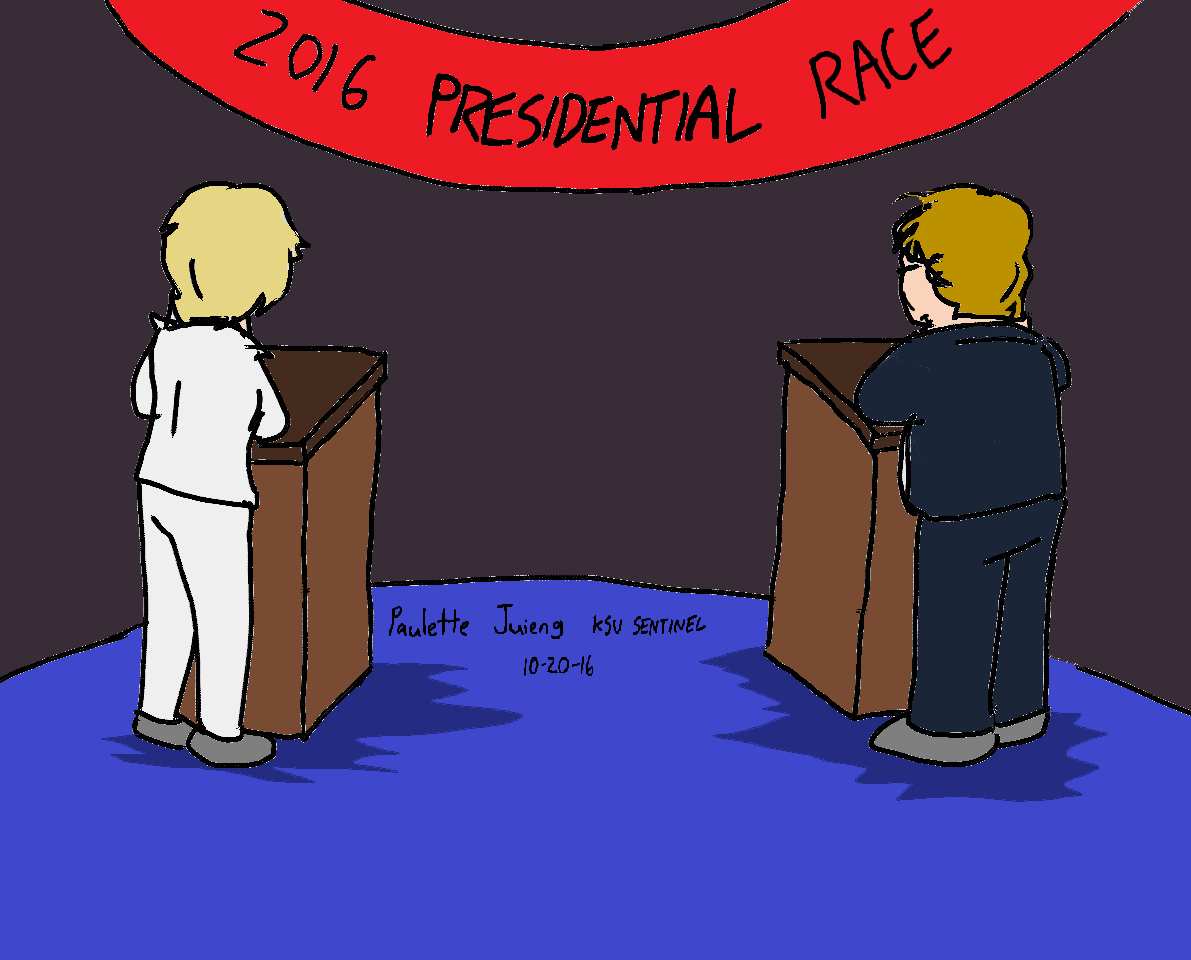Kennesaw State students should aim to seek curriculum and resources which educate them on racial disparities in the American healthcare system.
For an individual to acquire non-biased healthcare, it starts at the source. Education is a large part of eliminating implicit biases in healthcare. For KSU students studying to receive healthcare-related degrees, their education is imperative in fighting systematic racial bias in their fields. If the next generation of nurses, doctors and health personnel are educated on racial biases, the likelihood of racial bias actions would decline.
According to the Justice Research and Statistics Association, biases are decisions made about a person through the unconscious mind. These implicit biases cause people to make decisions that may negatively impact a person based on their race or ethnicity. Racial biases in healthcare are especially prominent because they often prevent marginalized people from receiving adequate healthcare.
In 2021, the CDC announced that racism continues to be a serious public health concern, and they have since organized an effort to confront the systemic causes.
“As health care organizations, payers and others focus on social determinants and population health, we have a responsibility to ask: To what degree are our approaches grounded in a framework that addresses structural racism and equity?” M.D., CEO of Health Begins Rishi Manchanda said in an interview with The Commonwealth Fund.
Racial biases inhibit minorities from receiving preventative healthcare, which usually starts when a person is young.
Institutions have improved in terms of confronting racial biases in healthcare, however, this issue remains widely unaddressed. In 2003, the Institute of Medicine released an Unequal Treatment report which exposed that racial minorities in the U.S. overall receive poorer healthcare quality and treatment as compared to white Americans.
There are many campus resources and online resources that aid in helping students to understand racism at an institutional level. Understanding racial bias in healthcare is the key to dismantling it. Students can access more information about preventing racism and encouraging diversity through KSU’s Division of Diverse and Inclusive Excellence.
Students are encouraged to pursue resources and classes that can teach them to prevent racial biases when they arise. Additionally, students should aim to educate themselves on the cultures, customs and languages of minority groups in their area. These tools can decrease the risk of racial biases existing in institutions.

